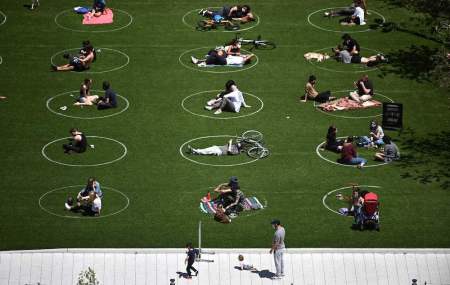COVID-19: Retracted hydroxychloroquine studies, changes to carrier risk, how virus spreads on surfaces

The global coronavirus pandemic that spurred mass government shutdowns of businesses and the loss of over 30 million jobs in the U.S. has led many to question the ever-changing advice coming from the World Health Organization and other experts who’ve been advising government officials and the public.
While churches, restaurants, and doctors' offices continue to operate well below capacity, many Americans have joined street protests that sometimes number into the thousands, raising concerns about a spike in coronavirus infections. China is also now seeing an increase in infections and has imposed a lockdown in part of Beijing.
In February, Tedros Ghebreyesus, the head of WHO, criticized the U.S., Australia and Singapore's ban on foreign travelers from China and later Europe. Some even called it "xenophobic." Yet later, many countries followed suit by enforcing their own travel restrictions. WHO and the CDC also initially said wearing face masks would not protect the public, but months later they advised strict adherence to wearing masks in public spaces.
Now, expert opinions have changed on how the virus is spread from person-to-person, on surfaces, and which treatments are safe and effective.
Here are three questions being raised in response to those changing opinions.





















